
Key Questions this Article Answers:
Can my baby have cow's milk before 1? Why or why not?
Can my baby have yogurt before 1? Why or why not?
Can my baby have cheese before 1? Why or why not?
Can my baby have milk alternatives before the age of one? Why or why not?
_________
Dairy in America may be as beloved as it is feared -- and as misunderstood as it is drunk (!). There are now whole books dedicated to the white, creamy substance (besides untold academic papers), and if you want to learn something about a person you’ve just met, try asking them what they think about milk. I mean, the fact that it’s actuallynormal these days to ask someone where they stand on milk is… interesting, right?
As parents, “the milk question” looms large. And the combination of misinformation with a general waxing-and-waning as to the benefits or harms of dairy in general doesn’t make matters any easier.
Here’s what you need to know:
Milk Before One -- can my baby have cow’s milk before the age of one? Why or why not?
If you want the long and short of it: babies shouldn’t be consuming large quantities of cow’s milk prior to their first birthday, though it’s perfectly safe and acceptable to offer them a small portion of cow’s milk here and there as part of their complementary feeding. Effectively, this means you can mix some cow’s milk into your baby’s diet but shouldn’t be offering it as a straight-up beverage.
And while much of our culture’s “milk mythology” (is this just me?) has more to do with the dairy industry and marketing than with nutrition science, there are actually numerous reasons for the recommendation to avoid cow’s milk in higher quantities until your baby turns one.
Most of us are probably well familiar with the concept that breast milk or formula is theideal food source for all infants. The same is true for all infant mammals -- but not all mammal milks are equal. Indeed, any given mammal’s milk isspecifically designed for its own young. In other words, goat’s milk is not cow’s milk is not buffalo’s milk is not breast milk -- each has its own distinct idealized composition, tailored to meet the starkly different nutritional needs of each species. (This makes sense, right? A human baby and a newborn cow do not share the same nutritional demands -- or even the same digestive systems.)
If human milk is ideally suited to nourish human babies, cow’s milk is, it turns out, decidedly not. Perhaps the most notable point of difference is that cow’s milk contains nearly three times the amount of protein in breast milk, and its protein distribution is heavily weighted toward casein, a kind of protein that’s difficult for human babies to digest. (Breast milk, by comparison, is whey protein dominant, and much easier for infants to digest.)
There are other discrepancies, too: human milk contains around 7% carbohydrates, while cow’s milk contains approximately 4.5%. Human milk is also rich in mono- and poly-unsaturated fats (which are critical for brain development), while cow’s milk is lacking in them. Human milk contains the proper amounts of iron, vitamin C, and other nutrients all babies need, while cow’s milk does not.
With regard to iron, the shortage is further exacerbated by the fact that babies actually have a harder time absorbing what iron they can from cow’s milk (while they can easily absorb iron contained in breast milk).
If this sounds like small potatoes, so to speak, it’s not necessarily. Take this, for example: because cow’s milk has such high concentrations of protein and minerals compared to breast milk, it can place undue stress on a newborn’s immature kidneys and even cause severe illness under certain conditions. Similarly, cow’s milk protein (again, especially being casein heavy, as it is), can irritate a baby’s stomach lining and intestines, besides posing a risk for iron deficiency.
*In sum, you might say that human babies simply aren’t able to digest cow’s milk as completely or easily as they can breast milk or infant formula, in part because cow’s milk’s composition simply is not idealized for human infants.
By the way -- you may be wondering: what about infant formula, much of which is based on cow’s milk protein? Don’t worry about this! All infant formulas, including those produced from cow’s milk protein, have been meticulously adapted to meet human infants’ nutritional needs. Point being: cow’s milk infant formula is a safe and healthy food source for babies.
The verdict on cow’s milk before one: it’s fine to offer in small doses mixed in with complementary foods, but hold off on daily glasses of milk with meals until the first birthday. Remember -- babies don’t necessarilyneed cow’s milk, so if you prefer to leave it out altogether, that’s fine (too)!
Yogurt Before One -- can my baby have yogurt before the age of one? Why or why not?
The simple answer? Yes -- but not very much.
The reasoning behind this is much the same as why it’s best to offer cow’s milk only sparingly. Yogurt is derived from fermented milk, and though it’s a wonderful addition to the diet for children and toddlers (it offers a protein source, various micronutrients, plus vitamin D, magnesium, and calcium, besides being a benefit to a child’s developing microbiome), it suffers from similar issues as cow’s milk generally when it comes to theinfant’s diet. Namely, the protein content in yogurt could easily put an infant's digestive system and even other developing bodily systems into overdrive. Which, ultimately, is why researchers say that it's best to offer babies yogurt in nominal amounts.
Keep in mind, too, that dairy in general isfilling… which raises one other reason to limit it to being an additive in your baby’s diet rather than a staple: too much dairy can displace what babies really need: breast milk or formula supplemented by healthy complementary foods like veggies, fruits, and introductory whole grains.
*Any yogurt youdo choose to incorporate into your baby’s foods should be natural whole-milk based (better for brain development!).
The verdict on yogurt before one: it’s fine to offer in small doses or mixed in with complementary foods, but avoid larger servings. Remember that the predominant focus when it comes to feeding under-ones is continuing with breast milk or formula and introducing your baby to the wonderful world of fruits and vegetables.
Cheese Before One -- can my baby have cheese before the age of one? Why or why not?
Sorry, cheese aficionados -- from a nutritional standpoint, there is simply no reason to introduce cheese into the healthy, balanced diet of an infant.
As most of us already know, most cheeses are high in salt -- we go to great lengths to avoid added sugars in our babies’ diets… salt should be no different. Plus, as with other dairy products, cheese is high in protein, and there is emerging evidence that elevated protein intake during the first two years of life may have unwanted health effects down the road, such as a higher risk of overweight/obesity later in childhood.
The verdict on cheese before one: there’s no reason, nutritionally speaking, to feed your baby cheese.
The final word on dairy before one: Think of it more like a condiment and less like a main dish.
Milk Alternatives Before One -- can my baby have milk alternatives before the age of one? Why or why not?
OK, great -- we’re set on the dairy front. But what about milk alternatives? These days the grocery store shelves are lined with so many different kinds of not-milk milk you could spend all day reading labels and comparing.
Yes, even the FDA has noted the trend: a proliferation of niche “milks” marketed as the healthier, more natural, dairy-free equivalents to their dairy counterparts.
But this is not necessarily so. Many of these plant-based products (most are extracts derived from legumes, oilseeds, cereals, or pseudocereals that simulate “real” dairy in both appearance and consistency) have entirely different properties and nutritional profiles than the actual dairy products they imitate. They are not, in other words, nutritionally equivalent to their milk/dairy parallels. This is one reason why it’s more accurate to call them milkalternatives rather than milksubstitutes.
Another issue is that milk and dairy products are highly regulated, meaning that they are modified in strict accordance with set nutrient content standards. While there may be differences between one brand of milk and another (a topic for another day!), the baseline nutritional components are going to look the same across the board for skim, 1%, 2%, or whole. Plant-based milks, in comparison, have no such criterion. (In nutritionist speak, they are “non standardized foods.”) Thus, it’s somewhat misguided that we even call these beverages “milk” at all.
One of the biggest issues with the non-dairy dairy products is that SO many of them contain added ingredients, namely… duh, duh, duh… sugar. There are few plant-based milks out there, for example, devoid of added sugars or flavor additives. In a perfect world, almond milk would contain only almonds and water; soy milk would contain only soybeans and water; coconut milk would contain just (and only) that; and so on and so forth.
The verdict on milk alternatives: Plant-based dairy products are not nutritionally equivalent to dairy. Much like dairy under one, there’s not any particular reason to work to incorporate them into your baby’s diet, but nor is there any reason you have to avoid them -- so long as you choose products with minimal added ingredients (things like added calcium and nutrients are totally fine) andno added sugar! (Yes, friends, this means you have to scrutinize the ingredient list -- everyone’s favorite activity.) Of course, if you have questions, you can always clarify with your pediatrician or a nutritionist.
_____________
In review: The key focus during this time is on exposing your baby to the vast variety of natural and real tastes, flavors, and textures available, and on choosing high-nutrient foods -- dairy products and plant-based dairy products alike can play a small role in complementary feeding, but need not be sought out. Bring on the veggies, fruits and cereals folks!
And if you are looking for an all-natural snack either with or without dairy, our no added sugar yogurt melts come in both plant-based yogurt and dairy-based yogurt varieties. Shop the full collection HERE.
References --
AAP: https://www.healthychildren.org/English/ages-stages/baby/formula-feeding/Pages/Why-Formula-Instead-of-Cows-Milk.aspx
ESPGHAN. Complementary Feeding: a commentary by ESPGHAN Committee on Nutrition. J Pediatr Gastroenteril Nutr, Vol 46, 1, 2008.
Heller-Rouassant S & Flores-Quijano ME. Niño pequeño, preescolar y escolar. Gac Med Mex. 2016; 152 Suppl 1:22-8
Koletzko B et al. EditorialSee corresponding article on page 389.High protein intake in young children and increased weight gain and obesity risk. Am J Clin Nutr2016;103:303–4
Michaelsen KF & Greer FR. Protein needs early in life and long-term health. Am J Clin Nutr 2014 Mar;99(3):718S-22S
Russell J et al. North American Society for Pediatri Gastroenterology, Hepatology, and Nutrition Position Paper: Plant-based Milks. JPGN Vol. 71, August 2020
Sethi, S. et al. Plant-based milk alternatives an emerging segment of functional beverages:A review.J. Food Sci. Technol. 2016,53, 3408–3423.
Verduci E et al. Cow's Milk Substitutes for Children: Nutritional Aspects of Milk from Different Mammalian Species, Special Formula and Plant-Based Beverages. Nutrients 2019 Jul 27;11(8):1739
Weaver M & Pearcock M. Calcium. Adv Nutr 2019 May 1;10(3):546-548
Weber et al. Lower protein content in infant formula reduces BMI and obesity risk at school age: follow-up of a randomized trial. Am J Clin Nutr 2014 May;99(5):1041-51.
https://www.federalregister.gov/documents/2018/09/28/2018-21200/use-of-the-names-of-dairy-foods-in-the-labeling-of-plant-based-products


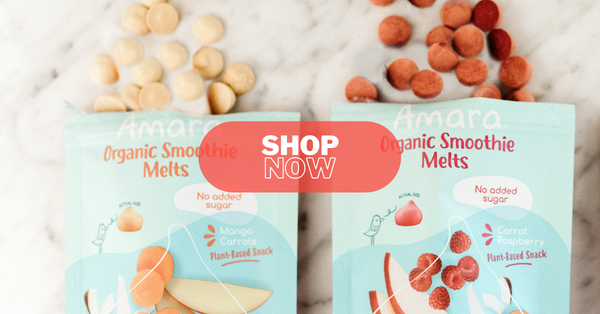

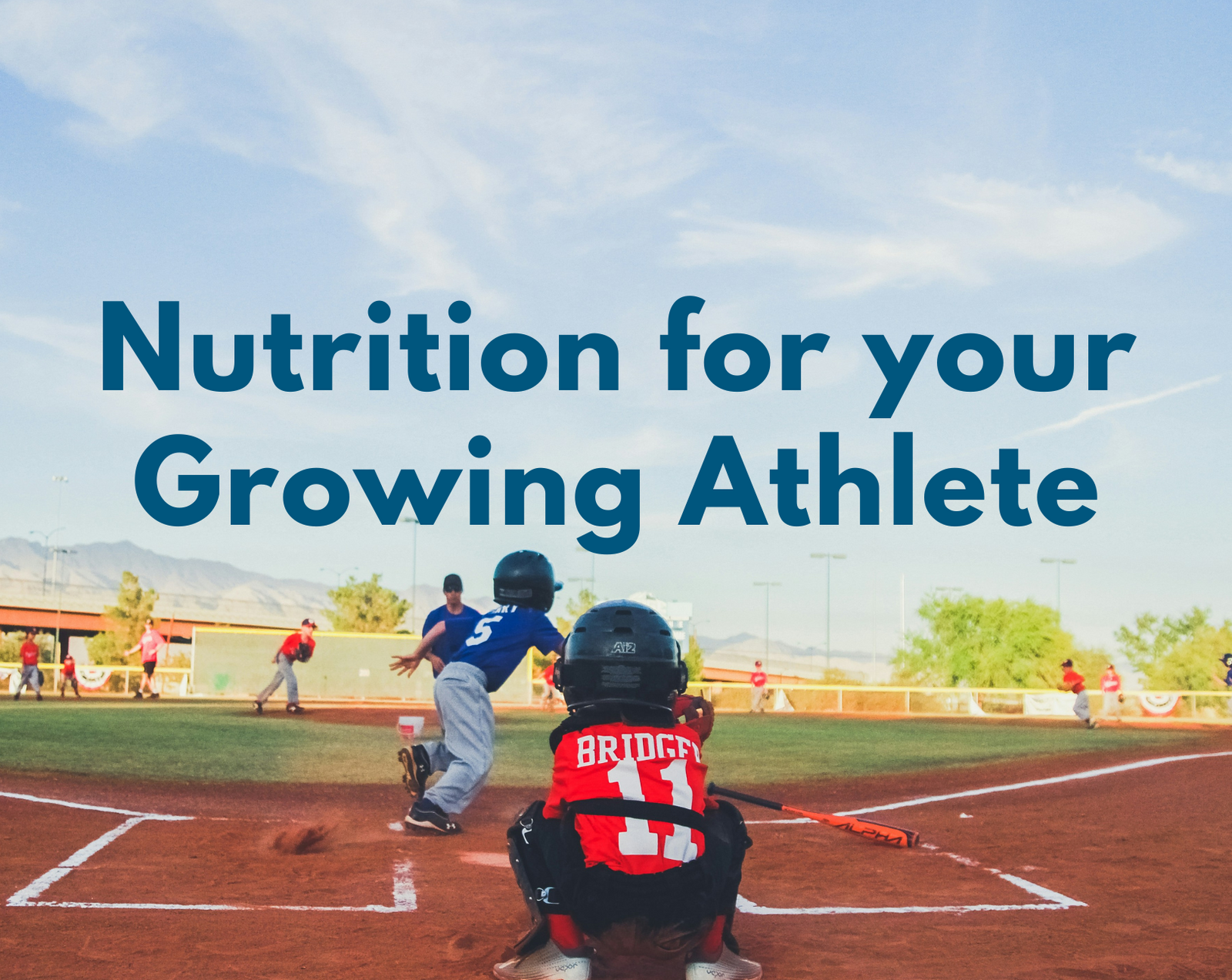

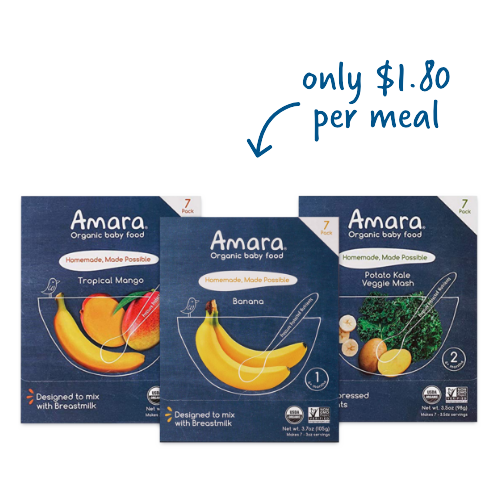
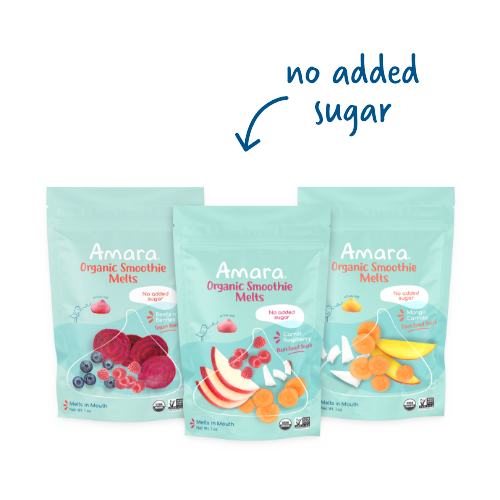
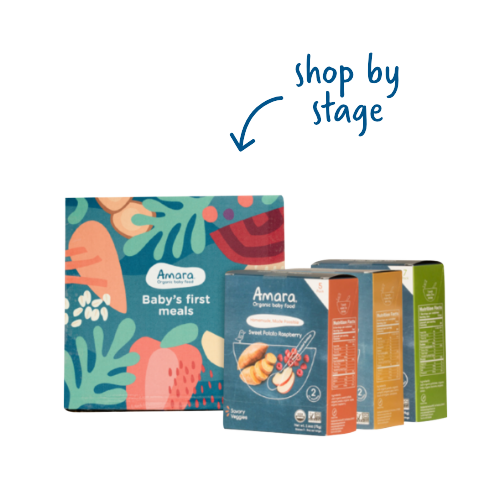
Leave A Comment